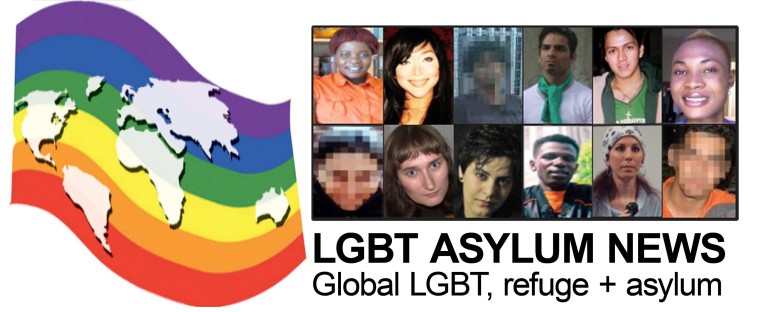Let me start in 2001. This is when the Life Partnership Act was passed in Germany, legalizing registered partnerships for same-sex couples, and thus turning so-called ‘gay marriage’ into legal reality. Equal rights activists celebrated. Fatima El Tayeb used this step as an opportunity for raising the issue of the category of race within this discourse around the legal recognition of sexual outlaws, respectively certain same-sex lifestyles. Under the title “Limited Horizons“she did not mince her words:
“[The analysis of German society itself] is still dominated by the conviction that ‘race’ is a concept which – with the exception of the years between 1933 and 1945 – is irrelevant in the German context and can thus be safely disregarded. [...] A practice which in the case of queer identity with increasing exclusiveness is directed at the assimilation of white lesbians and gays to a European system whose practices of exclusion, in turn, are more and more clearly based on racist criteria.” (El Tayeb 2003: 130) And further: “The question, to what extent lesbians and gays, who are part of the German majority population, benefit from the increasing racial exclusion – as they have the right passports, skin colour and religion – is barely asked.” (El Tayeb 2003: 132)Notably Fatima El Tayeb's critique was published before Jasbir Puar broke an important ground by coining the term homonationalism, thereby adressing the national inclusion of 'proper' lesbian or gay subjects contingent upon the segregation and marginalisation of racial 'others'. (Puar, 2007)
Meanwhile both in academia and in activist circles the critique of normative queerness and the discursive framing of Western LGBTQ people as persons, who are in need for protection from 'homophobic migrants', has gained currency (cf Haritaworn, 2010). As a matter of fact this critique does not spare LGBTQ contexts and their tendency to frame whiteness as the normal condition. A well known example was offered by Judith Butler turning down the Berlin Pride Civil Courage Prize in 2010. Referring to the concept of homonationalism, she harshly criticised the organisers' lack of distance from racialist politics and stated that she would pass the prize to queer of colour organisations, if she were able to.
Recently Christa Markom and Ines Rössl addressed an aspect of this debate that is of peculiar interest for my contribution:
“Thereby the ‘turkish woman' and the 'turkish man' are assumed to be heterosexual. There is hardly space for the picture of a 'gay or lesbian turk' within the (political, media and everyday-) discourses.“ (Markom/Rössl, 2010: 321)In my contribution I want to take up the issue of invisibility of LGBTQ people, who do not have their origins in the modern 'enlightened' West, and ask which legal mechanisms of segregation we implicitly serve, if we turn to a Politics of Rights (cf Hark, 2000). In concrete terms I will turn to the introduction of the Registered Partnership Act (RPA) in Austria and the corresponding ancillary chances within Asylum Law. The legal recognition of same-sex partnerships shall thereby serve as my point of departure, as it is considered as one of the most evident manifestations of LGBTQ equal rights politics and thus offers an exemplary arena to untangle the mechanisms of exclusion that are coming along with such politics.
Who is paying the Price? Queer Refugees and the Legal Recognition of Same-Sex Partnerships






 Join our page
Join our page

0 comments:
Post a Comment